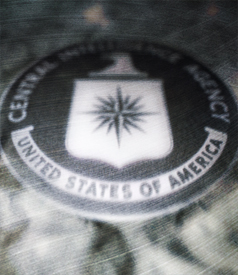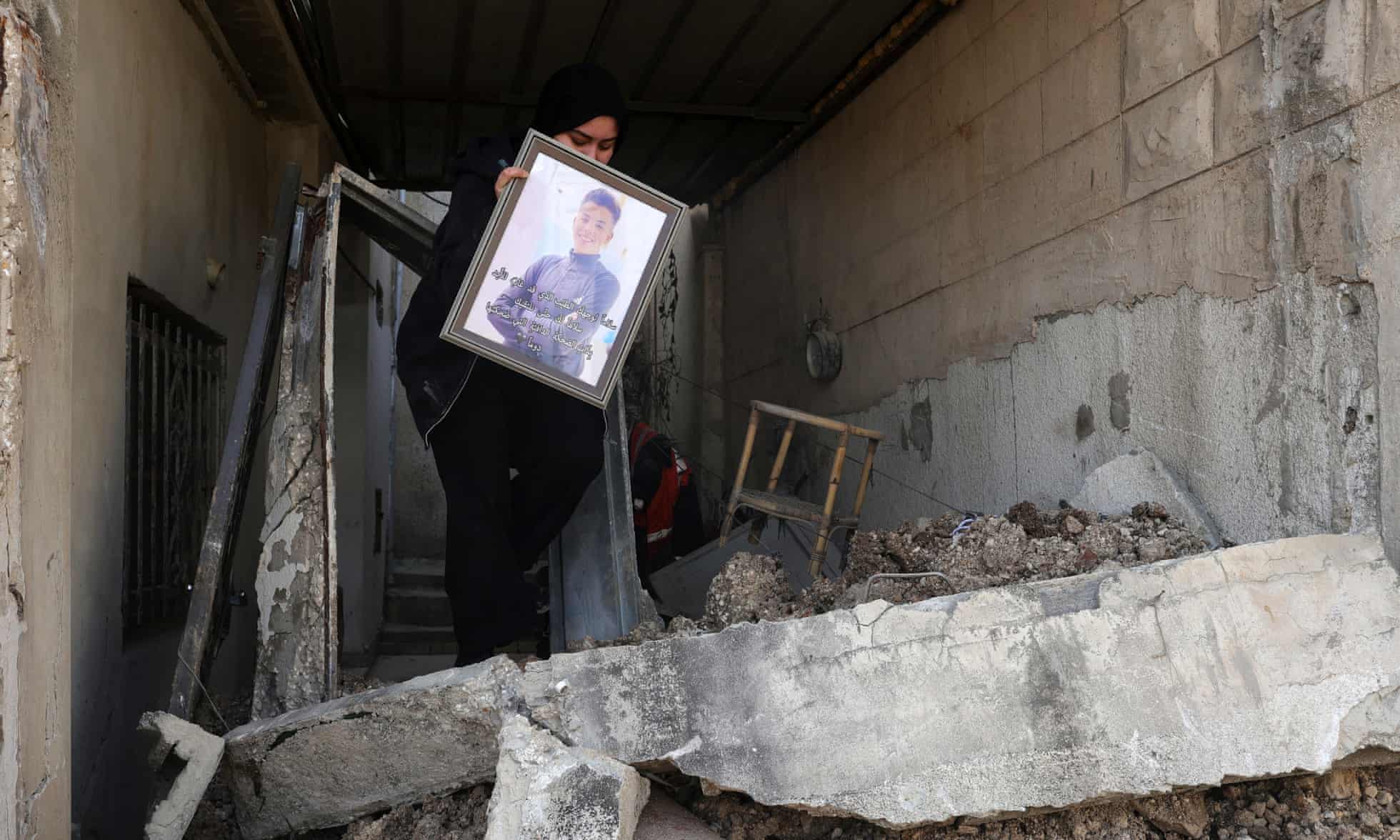 President Harry S. Truman created the Central Intelligence Agency in 1947 to ensure that the policy community would have access to independent intelligence analysis that was free of the policy advocacy of the Department of State and the Department of Defense.
President Harry S. Truman created the Central Intelligence Agency in 1947 to ensure that the policy community would have access to independent intelligence analysis that was free of the policy advocacy of the Department of State and the Department of Defense.
The CIA's most important analytic mission was the production of national intelligence estimates (NIEs) and assessments that tracked significant political and military developments and provided premonitory intelligence on looming threats and confrontations.
One gauge for measuring the success of the CIA's intelligence analysis is to measure the Agency's performance before and during four controversial wars: Korea, Vietnam, Iraq, and Afghanistan. Three presidents (Truman, Eisenhower, and Johnson) did not interfere with the production of intelligence analysis in these crises; two presidents (Nixon and George W. Bush) tried to slant intelligence analysis; and now President Obama is fighting a war without benefit of the estimative capabilities of the intelligence community.
President Truman wanted sensitive intelligence with the bark on, and that is what he and President Dwight Eisenhower got from the CIA during the Korean War. Unfortunately, the CIA made a series of fundamental errors in its judgments, including failures to understand the policies and actions of North Korean leader Kim Il Sung, ascertain the nature of Kim's dialogue with the Soviets and the Chinese, provide strategic warning of Kim's decision to go to war, and anticipate China's entry into the war.





 Amid the immense confusion surrounding the US strikes on Venezuela, the seizure of the president, Nicolás...
Amid the immense confusion surrounding the US strikes on Venezuela, the seizure of the president, Nicolás... On Monday, August 6, 1945, after six months of intense firebombing of 67 other Japanese cities,...
On Monday, August 6, 1945, after six months of intense firebombing of 67 other Japanese cities,... Later this month, on the holiday of Purim, Jewish people will dress in silly costumes, eat...
Later this month, on the holiday of Purim, Jewish people will dress in silly costumes, eat...






























